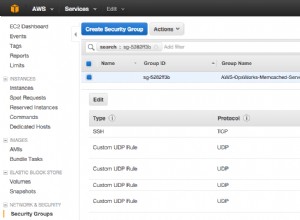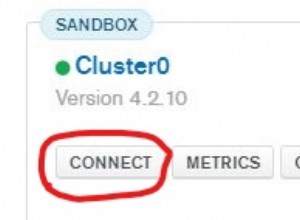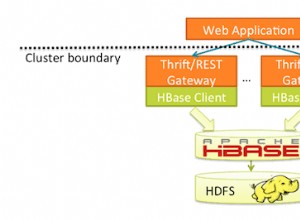मेरा समाधान बीएसओएन फाइलों (पायथन के साथ) को मैन्युअल रूप से खोलना था, बड़े दस्तावेजों को ढूंढना और इसके कुछ हिस्से को हटाना, फिर बीएसओएन ऑब्जेक्ट को एक नई बीएसओएन फाइल में लिखना और संपादित बीएसओएन फाइल लोड करना था, जिसे सफलतापूर्वक मोंगो में संग्रहीत किया गया था।
यह बिना बदले सिस्टम में डंप किए गए डीबी को लोड करने में सक्षम होने की मेरी इच्छा को पूरा नहीं करता है!
Python3:
import bson
from pprint import pprint
def get_bson_data(filename):
with open(filename, "rb") as f:
data = bson.decode_all(f.read())
return data
def report_problematics_documents(data):
problematics = []
for item in data:
if is_too_big(item):
print(item)input("give me some more...")
input("give me some more...")
problematics.append(item)
print(f"data len: {len(data)}")
print(f"problematics: {problematics}")
print(f"problematics len: {len(problematics)}")
def shrink_data(data):
for i, item in enumerate(data):
if is_too_big(item):
data[i] = shrink_item(item) # or delete it...
print(f"item shrinked: {i}")
def write_bson_file(data, filename):
new_filename = filename
with open(new_filename, "wb") as f:
for event in data:
bson_data = bson.BSON.encode(event)
f.write(bson_data)
def is_too_big(item):
# you need to implement this one...
pass
def shrink_item(item):
# you need to implement this one...
pass
def main():
bson_file_name = "/path/to/file.bson"
data = get_bson_data(bson_file_name)
report_problematics_documents(data)
shrink_data(data)
report_problematics_documents(data)
new_filename = bson_file_name + ".new"
write_bson_file(data, new_filename)
print("Load new data")
data = get_bson_data(new_filename)
report_problematics_documents(data)
if __name__ == '__main__':
main()




